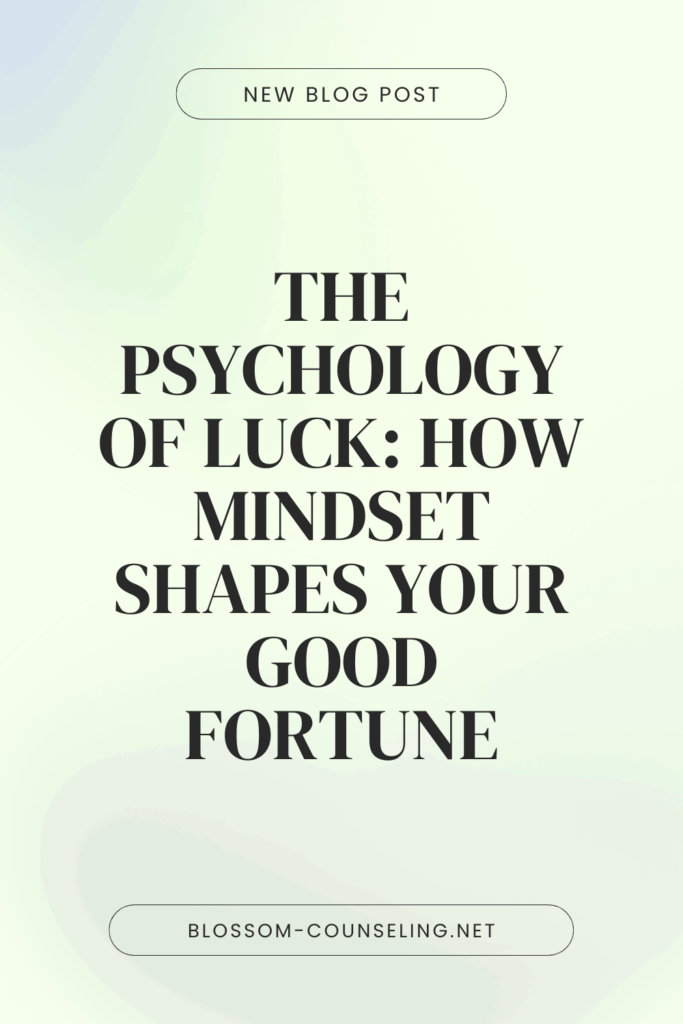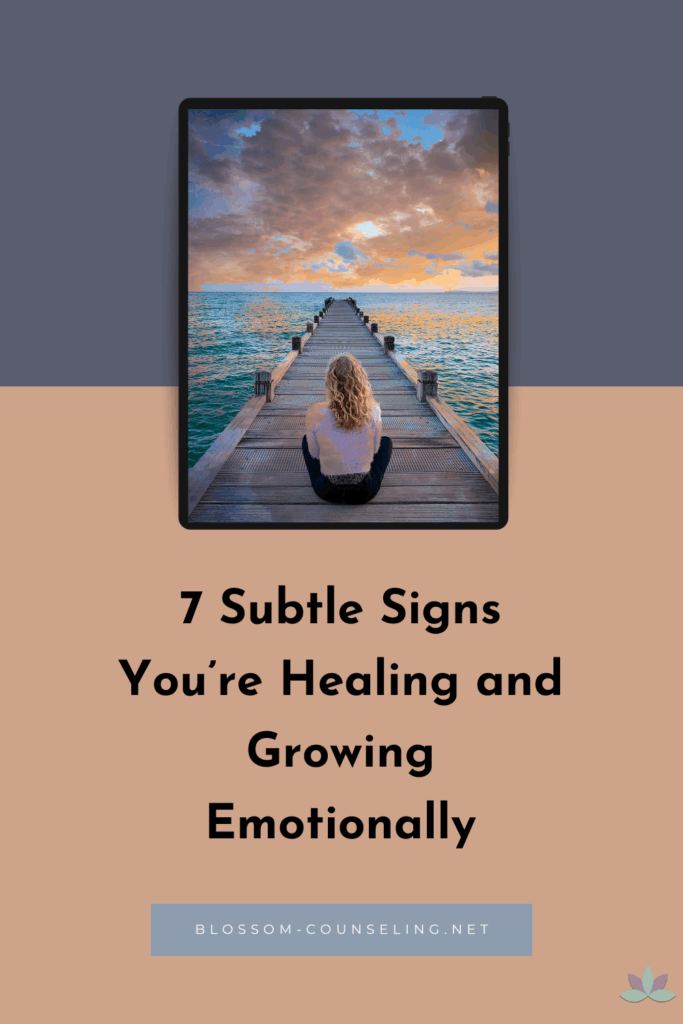
Some people just seem lucky. They always find the best parking spot, stumble into the right opportunity at the right time, or meet someone who changes everything. Meanwhile, others feel like they are always hitting red lights or missing the train by seconds. If you have ever wondered why luck seems to favor some people more than others, here is the good news. Luck may have less to do with fate and more to do with how our minds work.
Luck Is More About Mindset Than Magic
Psychologist Richard Wiseman spent years studying what makes people feel lucky or unlucky. What he found was surprising but also empowering. People who see themselves as lucky often share similar habits and ways of thinking. They tend to be more optimistic, open, and relaxed, which helps them notice opportunities that others miss. In other words, luck is not just something that happens to you. It is something you are more likely to notice and act on.
Optimism Changes What You Notice
When you expect good things to happen, you naturally pay more attention to positive possibilities. This is what psychologists call a self fulfilling prophecy. If you believe you are lucky, you are more likely to start conversations, take small risks, and say yes to new experiences. That confidence can lead to new friendships, career opportunities, or moments that feel like pure chance. When you expect things to go wrong, you often pull back, hesitate, or miss chances without even realizing it.
Anxiety Can Shrink Your World
Anxiety has a sneaky way of making people feel unlucky. When you are anxious or worried, your focus narrows. Your brain goes into survival mode and pays attention only to perceived threats. Think about a time you were stressed and could not find something that was right in front of you. Anxiety can do the same thing with opportunities. It limits what you see, which can make the world feel smaller and less hopeful.
Openness Invites Opportunity
Wiseman also found that people who consider themselves lucky tend to be curious and open to new experiences. They are more willing to meet new people, try something unfamiliar, or step outside their comfort zone. Being open does not mean being reckless. It means staying curious and approachable. The more open you are, the more chances you give yourself to be in the right place at the right time.
Trusting Your Gut Plays a Role
That gut feeling you sometimes get is not random. Intuition is your brain quickly connecting past experiences and subtle cues. People who feel lucky are often more comfortable trusting those instincts and acting on them. Learning to slow down and listen to your intuition can help you make decisions that lead to better outcomes and fewer regrets.
Resilience Turns Setbacks Into Growth
Another big piece of the luck puzzle is resilience. People who see themselves as lucky tend to view setbacks as temporary or meaningful learning moments. Instead of getting stuck in frustration, they bounce back and stay open to what comes next. This mindset helps them move forward instead of shutting down.
Yes, You Can Become Luckier
Luck is not entirely out of your control. Small shifts in mindset can make a real difference. Practicing optimism, staying curious, trusting your intuition, and managing stress can all help you notice and act on opportunities more easily.
When you look at it this way, luck is not about waiting for something good to happen. It is about creating the mental space to see possibilities when they show up. With the right mindset and tools, those lucky breaks might start showing up more often than you think.
Hi, I’m Megan! I’m a licensed professional counselor who helps kids, young adults, and adults find calm, confidence, and balance when life feels overwhelming. My approach to therapy is real, compassionate, and focused on helping you feel more grounded in your everyday life.
I get that anxiety and stress can show up in a hundred different ways—racing thoughts, tight shoulders, restless nights, or just feeling stuck. Together, we’ll slow things down, untangle what’s been weighing on you, and build tools that actually work for your life. Therapy with me is about feeling heard, supported, and capable of handling whatever comes next.
When I’m not in session, you can find me with an audiobook playing, spending time with friends, or watching a good show with my husband. If you’re ready to make life feel a little lighter and a lot more manageable, I’d love to work with you.




